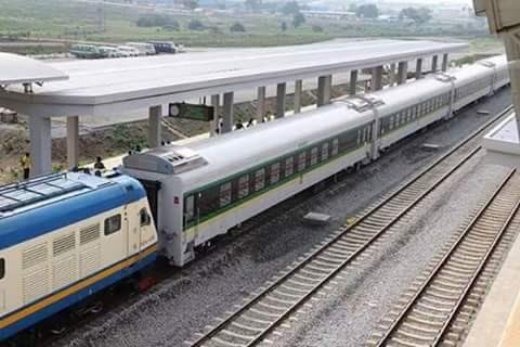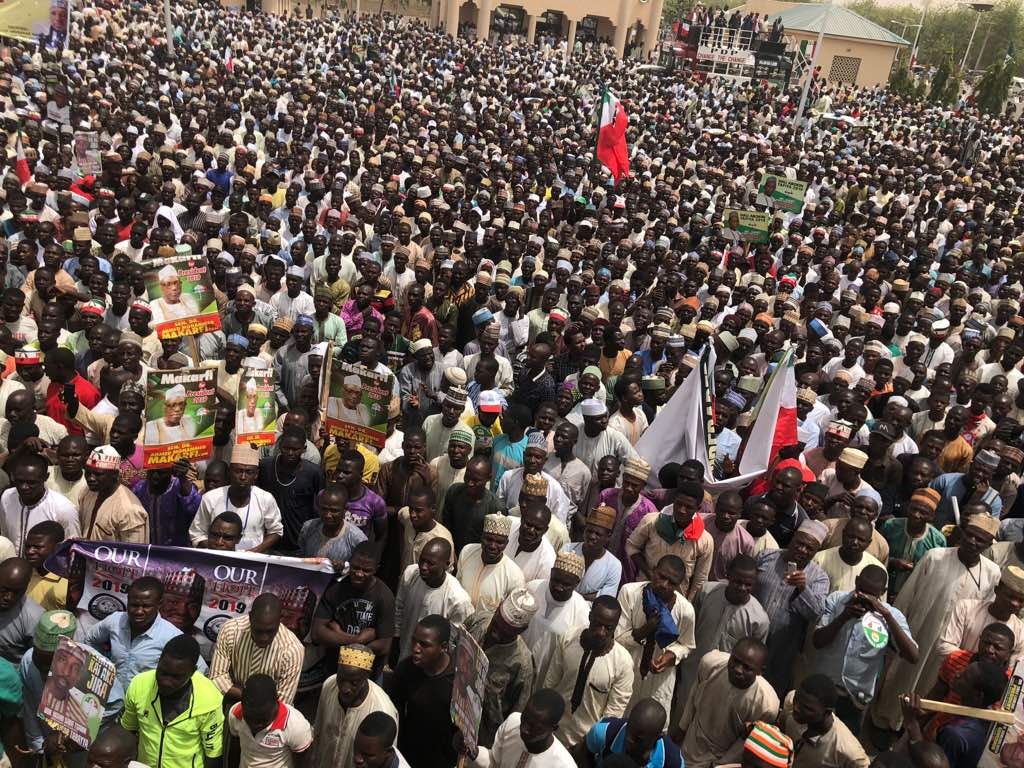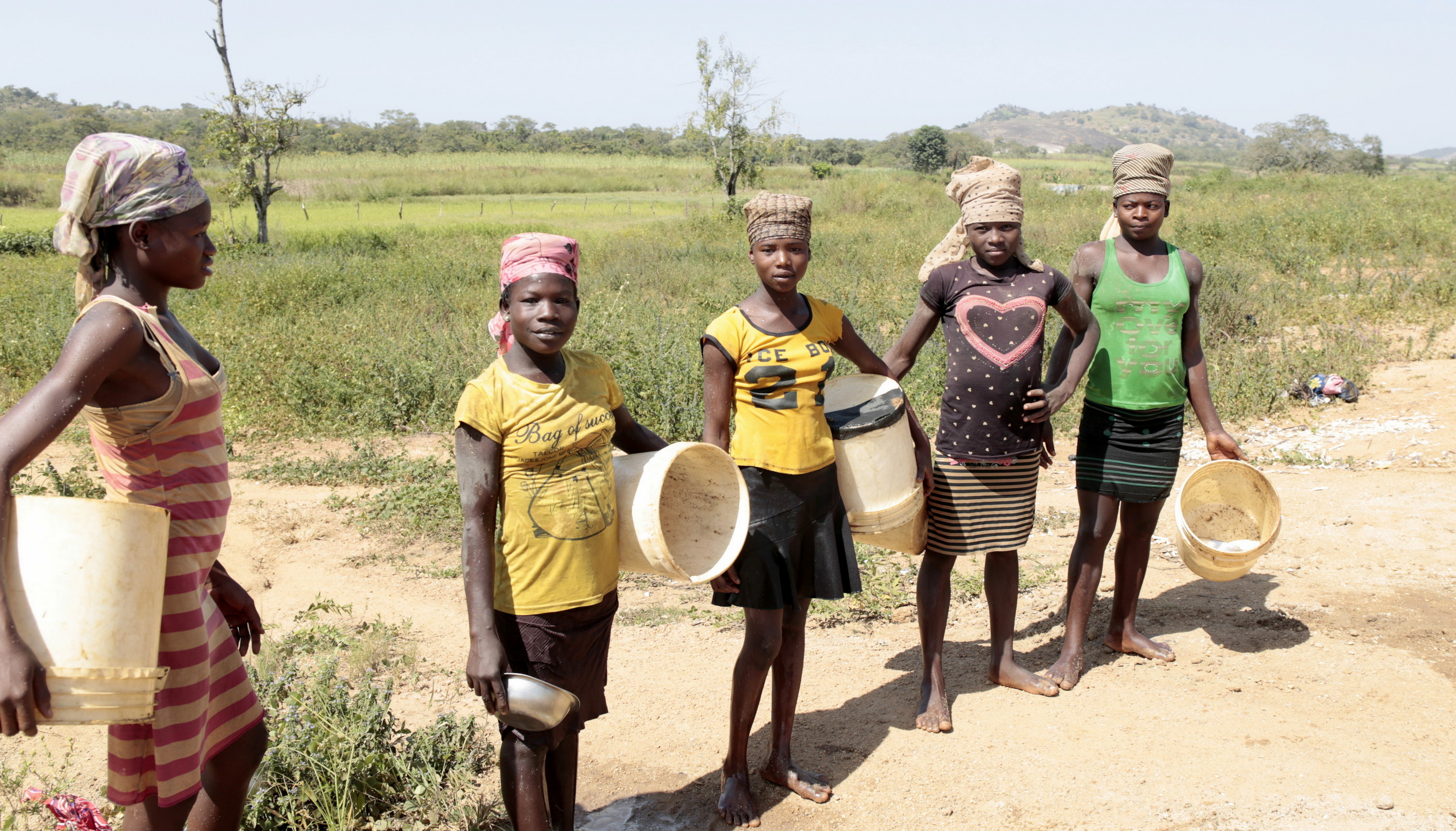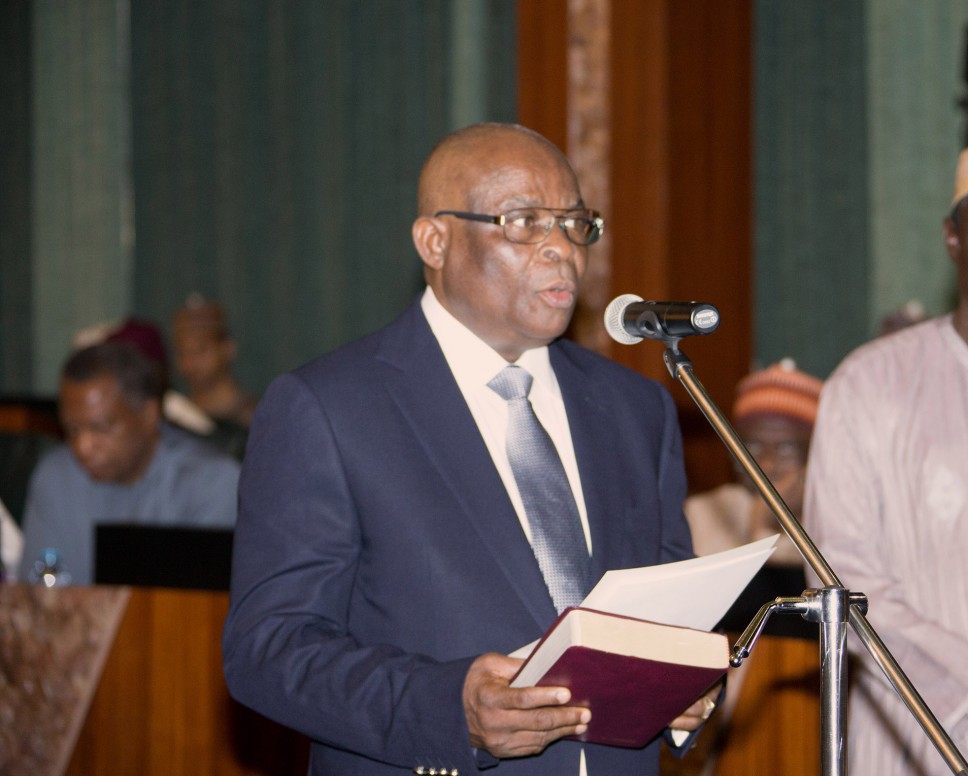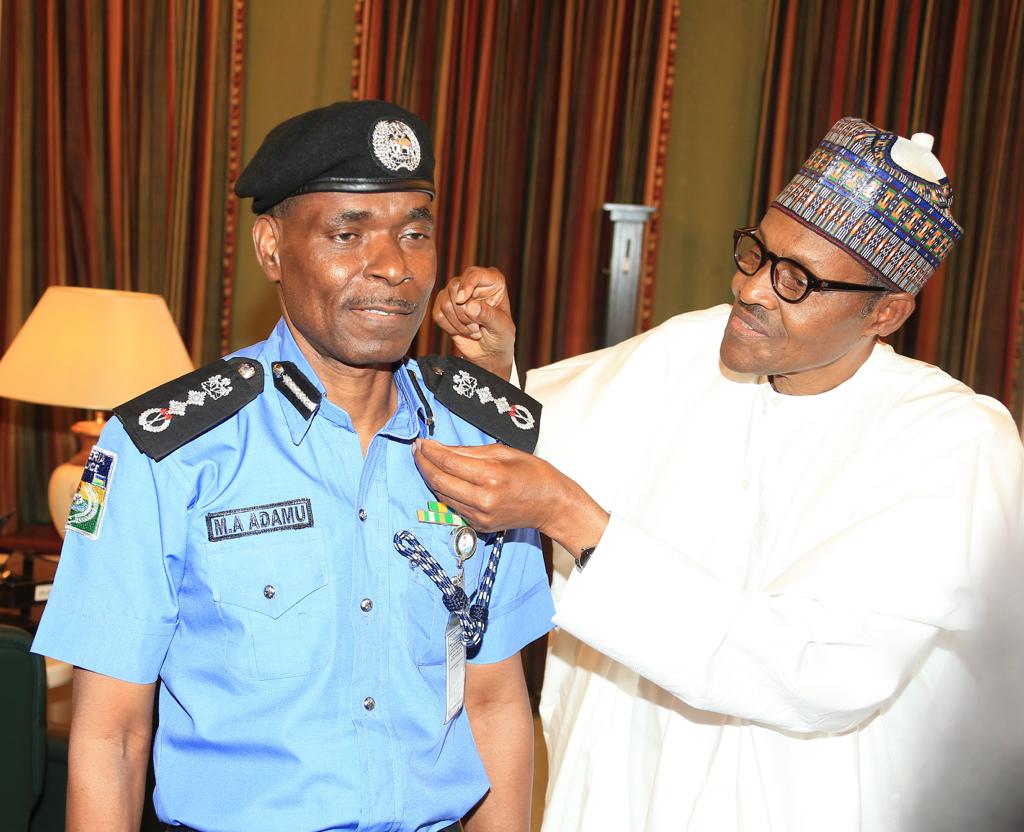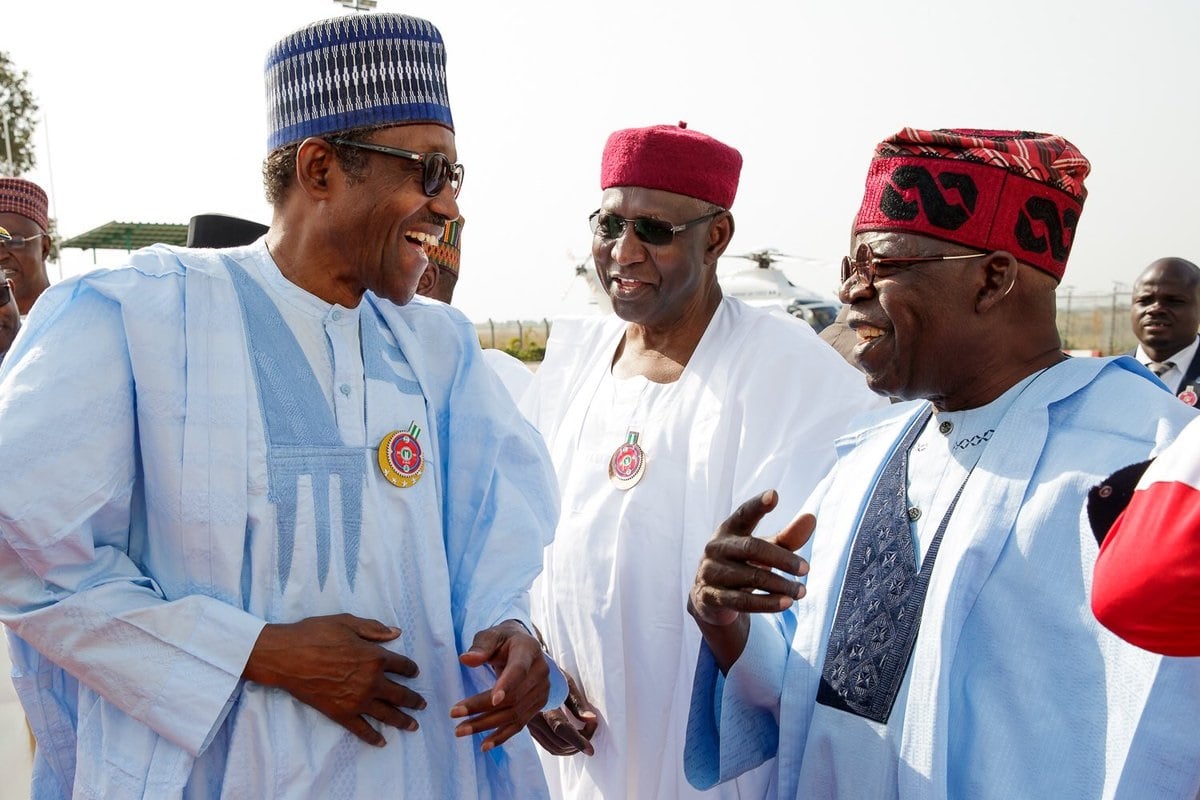This is meant to be a sort of travelogue of my first train ride in Nigeria. I will focus the first part on exactly what happened and the second part on an analysis of what can be done better. I need to say that I am not one of those who are unnecessarily cynical or overly critical. Equally, I am not one of those who are impressed by mediocre performance. I am somewhere in between.
Yet I know that Nigeria has sunk into mediocrity for several decades, and that we have almost come to a point where we have now agreed that we can never do anything right. There is therefore some sort of inferiority complex growing among the majority of poor Nigeria, which contrasts sharply with a ‘superiority complex’ which is growing among the leaders of Nigeria. In the context of the rail system as I witnessed on the ride between Abuja and Kaduna (return trip), it seems the leaders do not believe that the people deserve a better life or habitation.
THE TRIP
I was to depart on a Saturday but I assumed that Nigerian train stations work like others elsewhere. I also clearly underestimated the crowd. So walking into the train station around 9am for a 10am ride was a no-no. The Kubwa station was jampacked as people were going back to several locations after the new year holiday. Students were also returning to school. A gentleman I met at the station managed to obtain a ticket through a thriving black market for him and his son returning to school in Kaduna. The station was chaotic like everything else we try to do in Nigeria. I decided to hang around a bit, to understand how things really work. This is not one of those train stations abroad where you buy tickets online and walk in freely.
Advertisement
I learnt there are touts – and staff of the Railway Corporation – who buy tickets and resell at a premium. Then there were those who allow passengers in (for an unofficial fee) as ‘standing’. I will explain how that works shortly. The Nigerian government had spent some money building station. Scratch that. The Chinese spent all the money; providing the loans, bringing in the trains, laying the tracks, the signals and what have you. And the trains are still being driven and maintained by the Chinese. But in spite of this, the car park at Kubwa was untarred – maybe the Chinese loan does not cover that aspect which would have added a good finishing touch to the otherwise solid structure of the train station. I had been hearing about the achievements in the rail sector. I commend those who have striven to even get us to this level, but I will not allow them – for the sake of all of us – to sink into mediocrity. We can do a lot better.
So I gave money to a friend whom we were to embark on the journey together to obtain tickets for the next day. We were three on the trip. He called later to say all was sorted for 10am the next morning. I arrived the station the next day at 930am, believing all was truly sorted. Not a chance! I forgot that the standard system is that you could only obtain tickets one hour before departure. A staff had promised to help and assured my friend. But no ticket was on hand the next morning. After about 20 minutes, my friend was handed one first class ticket. Two to go. The other two tickets had been bought on our behalf by someone in Idu Terminal, who was on the train coming. We finally got the tickets anyway, and embarked on our journey. As we got on the platform we saw some policemen bundling some young boys whom they had arrested from the train to their station. I thought the boys had tried to steal on the train but upon enquiry, I learnt from a policeman on my return trip that the boys sat on the train track smoking Indian Hemp just as the train approached Kubwa. This forced the train to stop and police arrested the boys. This has implications which we shall discuss shortly.
The journey to Kaduna was smooth save for a short stop at some point where they had to do ‘crossing’. On both legs of the journey, there were slight signal challenges and they had to resort to ‘manual’, while approaching one of the stations. These were the terminologies used by the staff I asked.
Advertisement
The trip back to Abuja from Kaduna was more eventful. We had been warned by someone who was used to the way things worked that if Kubwa was jampacked, the Kaduna end was something else. Whereas there weren’t enough sitting space for the deluge of passengers at Kubwa station and the few iron chairs that there were, had begun to collapse (as is usually the case in Nigeria), I didn’t see any provision whatsoever at the Kaduna end. What you will see is a rugby scrum of passengers trying to make it through the gate to the platform. The security was lax, on both sides of the journey. Security men with hand scanners randomly selected passengers with traveling bags and performed some perfunctory check which was not thorough at all. The body scanners were unmanned. They beeped loudly constantly as people passed through with no questions asked. In both stations, it was evident that they were grossly understaffed, and almost unserious about the work. At the Kubwa end there was one person who scanned some select bags with his hand scanner, two ladies who sold tickets, and two people who manned the door to the platform. It didn’t look like a serious station at all. At the Kaduna/Rigasa end, it was hard to tell how many staff present, but the chaos spoke eloquently.
So we had been warned about Kaduna. Upon arrival there from Abuja, our third passenger who was used to the trips, identified a staff whom we gave money to help obtain the ticket back. We went into town. I kept calling intermittently. The man had told us that the First Class tickets (which cost N2,500) had been sold out but he will try. We said OK. Then he later confirmed that that was impossible. Will we be okay with economy tickets? I said OK. But upon getting back to Kaduna Station, he confessed he couldn’t get any ticket. We may have to stand. I said OK. And so we were ushered onto the platform and into the train. I didn’t know how this worked. But the money we had paid went into the pockets of the staff. We had no ticket but no one harassed us on the trip. We stood quite alright in First Class cabin. I realized that ‘standing’ is good business for the staff of the Railway Commission. I and my colleague started to calculate how much these guys could make per day from such a lacuna. The Railway Commission will at best only demand for payment for the number of seats on each train. But if you collected an average of N1,500 from 100 people per trip, that is N150,000, and if you make 8 trips a day, that is N1,200,000 or close to N400million per year. This is how ‘God’ blesses some people in Nigeria.
THE ISSUES FOR IMPROVEMENT
1. It is evident that there is leadership failure right from the Minister of Transport. With the level of exposure he and his executive colleagues have to how things are done abroad, he should not leave our train stations in such a disorganized state
Advertisement
2. Using the broken-windows theory analogy, those stations can only descend into further chaos until our rail system becomes crime and filth-ridden and any self-respecting Nigerian will avoid them like the plague, and the entire system will collapse
3. Price – Passengers will not like this, but the service is damn too cheap. A First Class ticket with full air-conditioning and the promise of a very smooth ride for two hours flat from Abuja to Kaduna, is N2,500. N1,500 is the price for an economy ticket. This is unnecessary subsidy at this age and time. A bus ride over very bumpy road, without air-conditioning and no respect for passengers’ comfort is also N1,500. The other day, Minister Rotimi Amaechi stated that they cannot increase prices because they don’t want people to complain. He said they spend N56m monthly on each train, but only recover N16million. Invariably our politicians see train services as another avenue for pleasing constituencies? I saw at least two billionaires in the first class cabin, men who could buy the entire train network. I believe it is also not okay for people to take advantage of the cheapness of the service because that is how we kill everything in Nigeria. We must be fair to our country. We must also know, that anywhere there is undue advantage like that, something bigger and more sinister is going down in high places. For now, the train service is almost becoming a ‘man-knows-man’ affair
4. Loans – Meanwhile the entire rail system is built on Chinese loans which will have to be paid back someday, whether we like it or not. Perhaps we are setting up the entire rail system to be bought over on the cheap by the Chinese, otherwise we would be struggling to rev up the cash flow so that we can begin to put something aside for payback day. The financial management of the rail sector in Nigeria is a sham, from a mile away.
5. Security – The security of the train system – from what I observed – is non-existent. The boys that we saw arrested by the police, adamantly sat on the rail tracks and forced the driver to stop. Curiously they waited and were accosted by the police. The train could have crushed them and that will be a huge scandal. There was also another news item where Minister Amaechi said that the trains could not go faster because they will crush cows. Now, with the defiance those boys showed to the train, it may be a matter of time before criminals get daring. Thankfully there are a handful of policemen on each train but we don’t have to experiment with our own era of train robberies – especially now that we are going national with the service. Also, what about terrorism? Anyone can bring in any explosives into Nigerian trains presently. The people who set up the systems seem to have become disinterested in the entire system. No system is perfect, but we should have tried to replicate what we see abroad – especially in view of our security challenges.
Advertisement
6. Private sector – Nigeria Railway Commission is the best example that government has no business doing business. Train services is business. Government can see the opening up of rail network as a national integration strategy but this does not justify running a moribund, decadent, and fraudulent system. This thing should be turned over to the private sector. We know that the government does not trust itself around money, but a sensible government should be concessioning the entire system for the next ten years under firm agreements and collecting its proceeds upfront at a good price. This way, even the customers will get a better experience.
7. Uptake – The uptake of the service is a clear indication of the business potentials. It is as if the government did not expect that people will show up in these numbers. If this is the case, three things can happen. One, fares should go up. Two, more train frequencies is a necessity. Three, with the number of people trying to get black market train tickets, we should be having departures every half an hour, with capacity for more frequency. This will mean investment in more trains or addition of more carriages/cabins on existing trains.
Advertisement
8. Nationwide potential – Train services seem to be the next thing Nigerians are waiting for. It’s a shame that Fashola and Amaechi couldn’t complete what they started in their states. These projects can transform the outlook of those states. More effort needs to be added, and more collaboration with private sector too. However, good care is needed. A few days ago, a train derailed at Ashade Market, Agege, killing one person and injuring several. From that incidence, it was evident that no one checks the fidelity of the tracks. This is another way jobs are created abroad. Every inch of a train track must be inspected every other day. Yet we say there are no jobs in Nigeria – because of blind corruption and greed which prevents our leaders from giving jobs out to those who need them. We cannot mess around with train tracks.
9. Accounting – It is evident that the authorities are not interested at all in the accountability aspect of things. It is possible that most or all of the cash proceeds of the train services are treated as slush funds (after all it does not cover the cost at all). The entire laxity around affairs is palpable. If managers don’t show seriousness around money, they can’t show seriousness around anything else.
Advertisement
10. Ambience – Do we believe we cannot strive towards excellence? Why would we start out in anything, with a view to achieving mediocre results? What stopped us from building train stations of international standards that every Nigerian will look forward to? It can only be because we don’t think our people deserve good things, or that they can’t handle it.
By and large, my experience with our rail system shows we have a serious leadership problem, no less. The people have no fault in this, but we aren’t properly led. Nigerians will do themselves a favour to get new leaders with a more progressive, more respectful vision for all, a sense of urgency, an unbendable resolve to achieve excellence, and attention to details.
Advertisement
Views expressed by contributors are strictly personal and not of TheCable.
Add a comment

